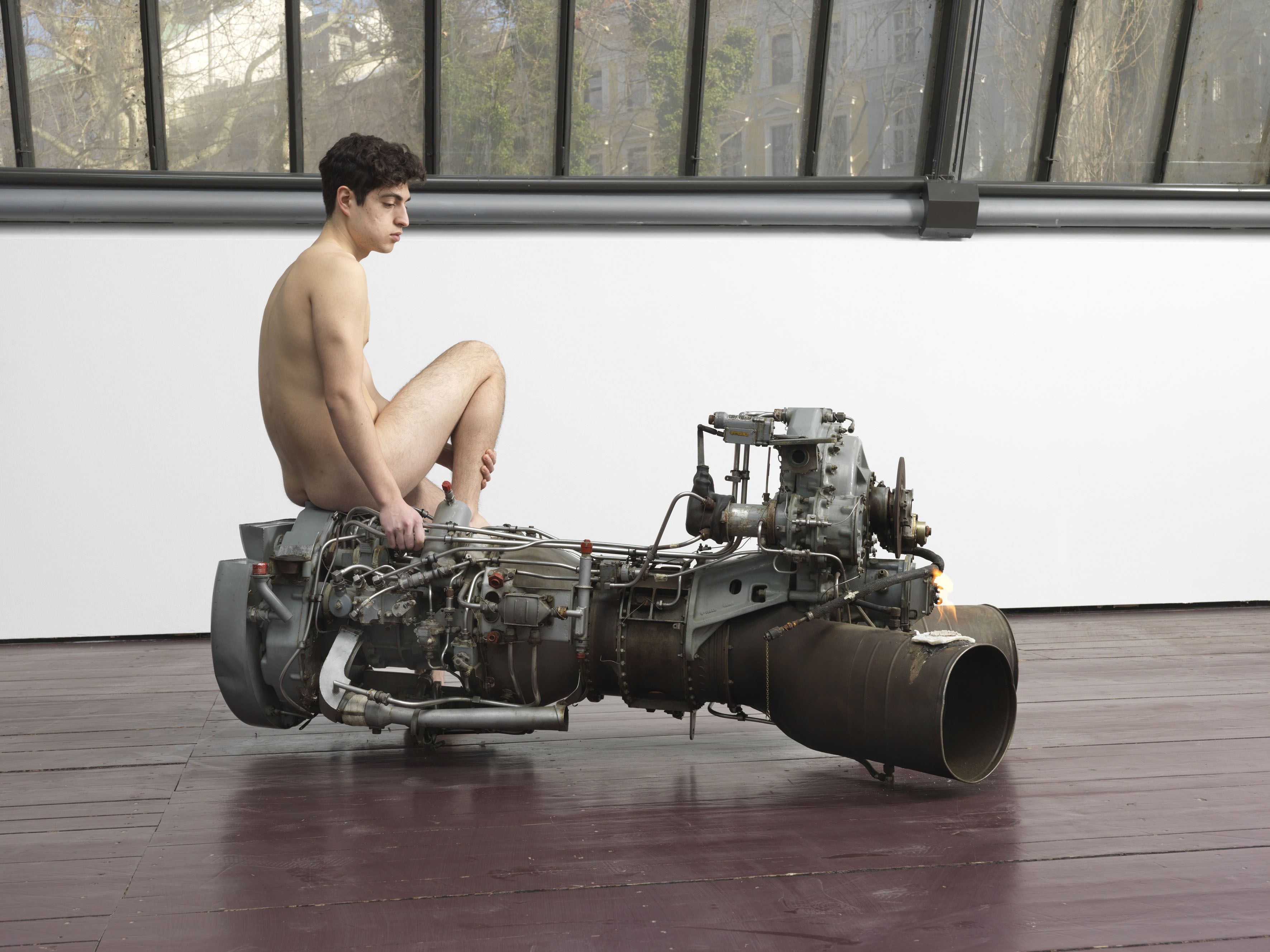For ten days from Friday, the city will become a canvas as its walkways and venues welcome all manner of exhibition, happening, fair and party.
But blink and you might miss Copenhagen Art Week, now in its third year. Despite being half-funded by the tax-payer, many do not realise it is going on, and why should they?
Exclusive and expensive
The outreach to schools, disadvantaged youth and people without any previous connection to art remains minimal – limited to a couple of free events and art displayed on the Metro.
At least half of the events cost between 100 and 200 kroner to access – a high sum to ask from somebody who has no idea of what to expect.
Meanwhile, some of the events are invite-only and not even open to the public at a festival partly-funded by the public purse.

Should be open to all
“The main focus should be on the public and not on elite circles,” contended Solomon E Lyttle, the owner of the Black Pop gallery in Copenhagen, which is participating in the art week.
“Everybody pays taxes and therefore everybody should be able to participate and get inspired.”
Out of a total budget of around 1 million kroner, 500,000 kroner has come from state and municipal funding. In the art world that’s a lot of money and half the amount the Jutland Arts Academy receives in state funds for a whole year.
The bigger picture
However, Charlotte Baggerbrand, the head curator of Copenhagen Art Week, contends there is a bigger picture to consider. She sees a big need for an event where institutions and decision makers can meet and explore further co-operations.
“We think that the Copenhagen art scene benefits from a major event like the art week,” she said.
“It is a way to create synergy and possibilities for a larger national and international audience. Copenhagen has done a good job in fashion and design, but our art scene is lacking.”
No hip-hop
Although Lyttle supports the synergy, he argues there won’t be an art scene without solid grassroots supporting it, and that encouraging youngsters to come to museums is essential.
“Maybe someone comes to a gallery and sees a Banksy and thinks: ‘He’s good but I could do it much better.’ That is how art is supposed to be created,” he said.
“We should have learned from the past when the elite wanted to sweep the trends of the lower classes under the carpet. If we had listened to them, there would be no hip-hop today for example.”
Hard for new artists
The exclusivity not only creates a gap between the public and the art elite, but also makes it harder for new young artists to break into the circles and become acknowledged.
And the opportunities at Art Week are limited, contends Lyttle.
“We as a gallery try to give room to underdogs – artists with great ideas who want to become big,” he revealed.
“And we have experienced that the curators are rejecting these ideas and think we are crazy for doing that. Then they start telling us how many famous names they could get for their art fairs and exhibitions. That is not how Denmark’s art scene can move forward.”
Broader strokes
Lyttle would like the whole art scene to take a broader approach.
“Denmark is lacking an inclusive attitude, both towards the public and new artists,” he said.
“Most of the people in control are very old fashioned and not aware enough of new potential. The purpose of art is for the public, and that is also where all art comes from and should come from – that’s why we should give them a chance.”














